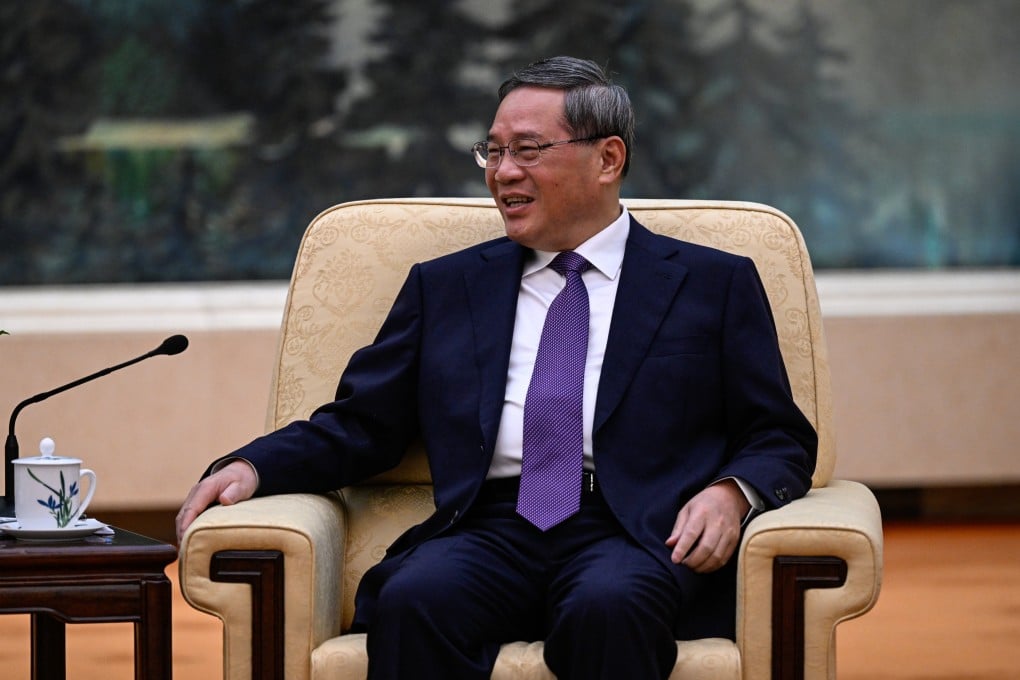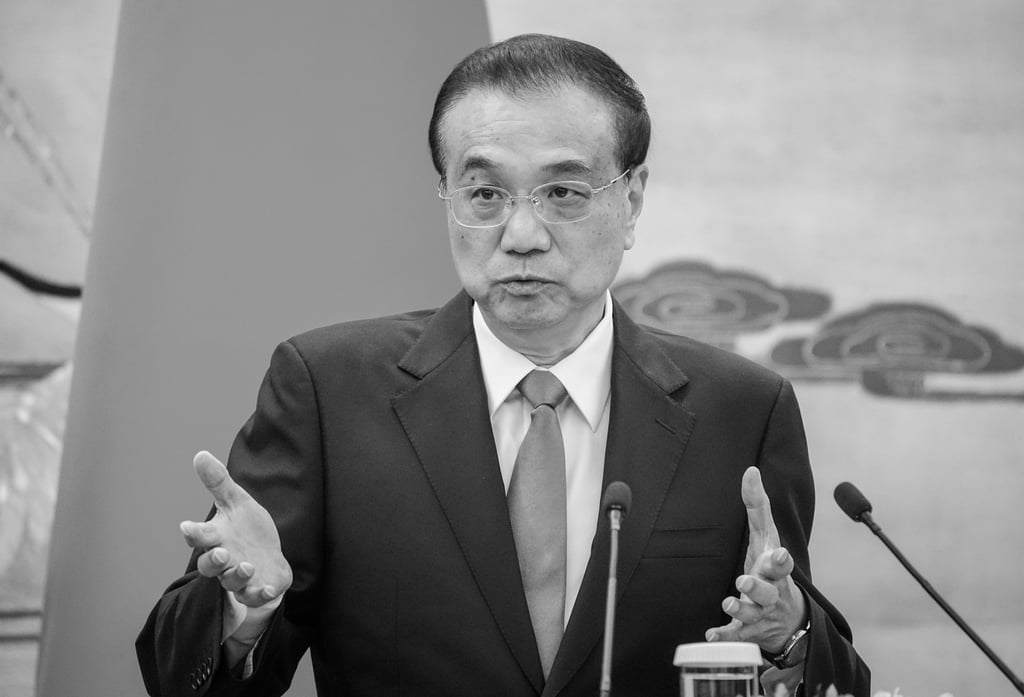Advertisement
Chinese Premier Li Qiang picked to head finance commission as Xi Jinping delegates duties
- The unexpected appointment makes him the first official to lead a top Communist Party organisation that would typically be chaired by Chinese president
- Analysts say decision might be driven by shifts in policy direction amid economic downturn or to better coordinate among different ministries
Reading Time:3 minutes
Why you can trust SCMP
30

Chinese Premier Li Qiang’s new role as the head of the Central Finance Commission, the top planner for the country’s financial system, has made him the first official to head a top Communist Party organisation that would typically be chaired by President Xi Jinping.
The pick surprised many and appeared to be a continuation of a trend over the past year of Xi delegating more responsibilities to his chosen deputies since he began his third term as party leader in the autumn last year.
Analysts said the reasons for Li’s appointment might be to better coordinate among various ministries and because Xi was considering making shifts in the overall policy direction amid the economic downturn.
Advertisement
Li’s role was confirmed on Monday, when he was mentioned as the chair of a meeting of the new commission in a report by state news agency Xinhua.

The CFC was set up in March to oversee the country’s banking, insurance and securities assets and to establish the Central Financial Work Commission, which serves as its general office.
Advertisement
Advertisement
Select Voice
Select Speed
1.00x